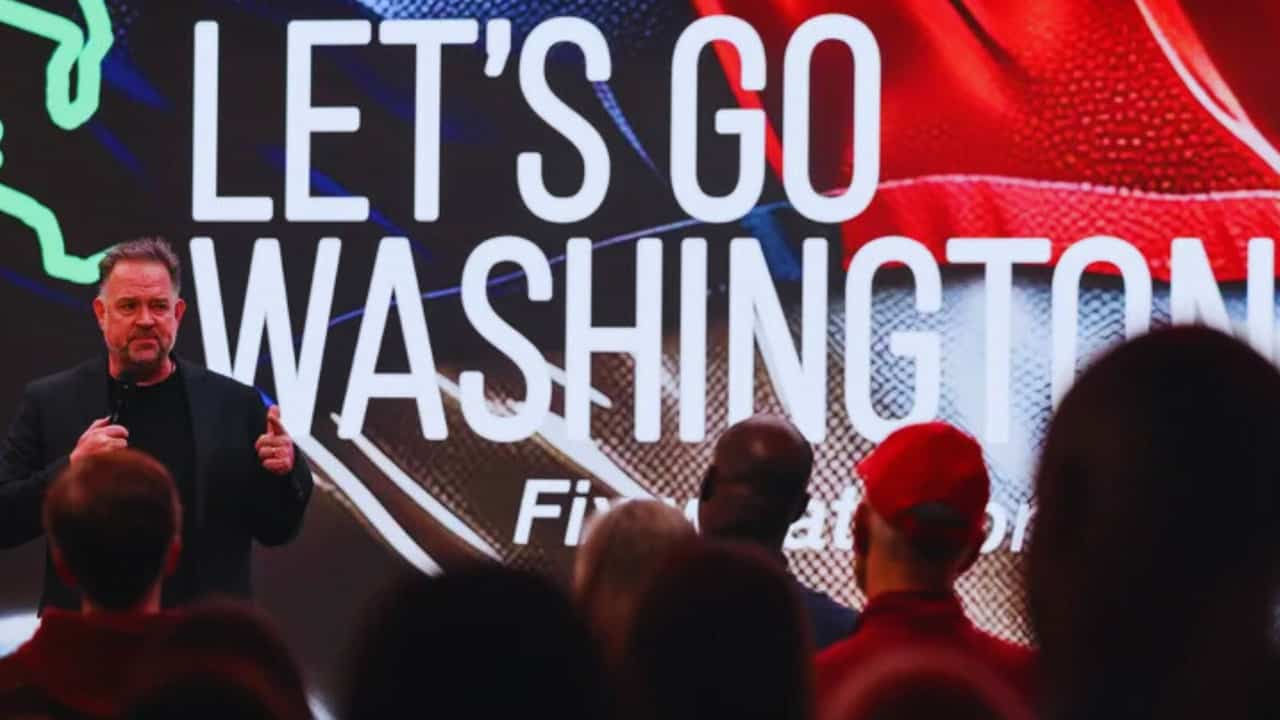Historic Win for Climate Action: Washington Voters Reject Carbon Market Repeal
In a decisive victory for climate policy, Washington state voters have strongly rejected Initiative 2117, which aimed to dismantle the state’s pioneering carbon market. Early election results showed 62% of voters opposing the measure, delivering what Governor Jay Inslee called a “thrashing” to opponents of climate action.
The Climate Commitment Act, Washington’s groundbreaking environmental law, survived its first major challenge at the ballot box Tuesday night. This victory marks the first time a carbon market has withstood a direct voter challenge in the United States, potentially paving the way for similar programs across the country.
The numbers tell the story
The carbon market has already generated an impressive $2.15 billion in revenue, funding various green initiatives across the state. These include:
- Electric vehicle rebates
- Heat pump installations
- Utility assistance programs
- Air quality monitoring
- Electric school bus fleet expansion
Behind the Battle
Brian Heywood, a Redmond hedge fund manager, led the charge against the carbon market. His political action committee, Let’s Go Washington, poured nearly $9.4 million into the campaign. They staged attention-grabbing events at gas stations, offering fuel at reduced national average prices to highlight their concerns about costs.
On the other side, supporters of the carbon market raised about $15.5 million, launching a robust defense that included TV ads featuring “Bill Nye the Science Guy.” The campaign emphasized the program’s environmental benefits and its role in fighting climate change.
Impact on Consumers
Despite claims of dramatic price increases, recent analysis from the Oil Price Information Service shows the law’s actual impact on gas prices has been modest—about 26 cents per gallon. This figure stands in stark contrast to opponents’ claims of 43 to 53 cents per gallon.
Looking Ahead
With this victory secured, Washington can now move forward with plans to link its carbon market with California and Quebec’s existing programs. This expansion could:
- Stabilize carbon prices
- Create a larger, more efficient market.
- Encourage other states to adopt similar measures.
Governor Jay Inslee, for whom the carbon market represents a career-defining achievement, celebrated the results: “The world looked to us for leadership, and Washingtonians responded big time.”
Broader Election Context
The carbon market vote wasn’t the only victory for environmental policies. Voters also:
- The state’s capital gains tax was rejected.
- I rejected the idea of making the long-term care insurance program optional.
- The measure on natural gas regulations received narrow support (51%).
The Path Forward
Washington’s commitment to clean energy remains strong, with the state targeting a greenhouse gas emission-free energy supply by 2045 under the Clean Energy Transformation Act. The carbon market’s survival ensures a steady revenue stream to support this ambitious goal.
This victory sends a clear message that voters are willing to accept modest cost increases in exchange for meaningful climate action. As other states watch Washington’s example, this vote could mark a turning point in American climate policy.
The result validates Washington’s position as a national leader in climate action and suggests that well-designed environmental policies can survive political challenges when their benefits are clearly communicated to voters.
